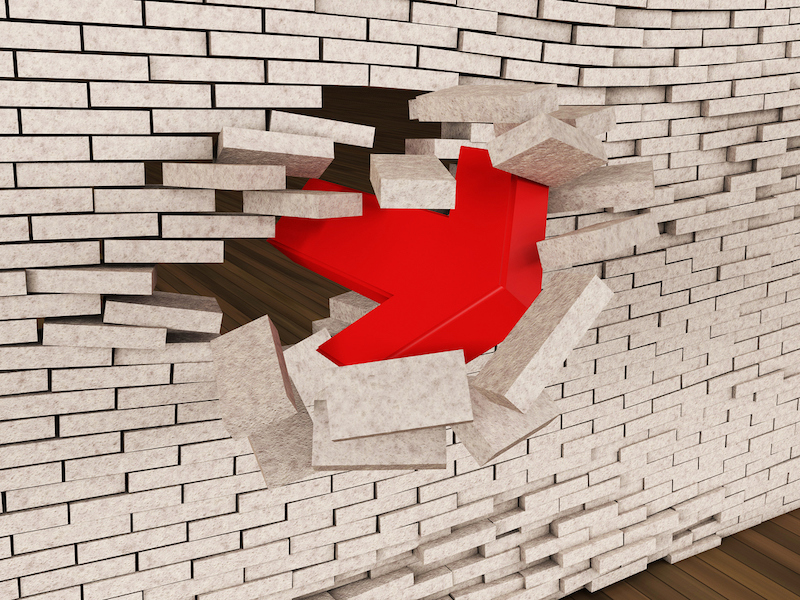
The federal government’s proposed wage subsidy for businesses will increase to 75%, the government said on Friday. The increase, announced on the same day as an interest rate cut by the central bank, is part of the government’s two-pronged effort to further combat the economic shock from Covid-19.
A broad swath of business and labour groups had criticized the original proposal of a 10% wage subsidy for falling well short of what was needed to avoid mass layoffs.
The Liberals said they are also working with banks to provide loans of up to $40,000 for small businesses. They will be interest-free for the first year and up to $10,000 could be waived for repayment.
Speaking outside his Ottawa residence, Prime Minister Justin Trudeau said the government needs to hammer out the details of the proposal, which he hoped to provide by Monday.
Asked about paying for the measures, the prime minister said the government’s economic foundations were strong before the pandemic, and he expressed confidence the economy will bounce back after Covid-19 passes.
Parliament’s budget watchdog said in its own report Friday that the federal government does have the room to spend more, particularly with rates as low as they are.
The report, which paints one possible scenario for the Canadian economy from a six-month downturn, suggested the federal deficit for the coming fiscal year could be $112.7 billion — a jump of $89.5 billion from previous forecasts as government spending climbs to combat the economic fallout from Covid-19.
An RBC report earlier this week suggested that a $200-billion deficit may not be out of the realm of possibility, depending on the depth and duration of the downturn.
Trudeau didn’t detail the timeline the Liberals were exploring, but said federal financial aid was aimed at bridging the economic gap over the next few months.